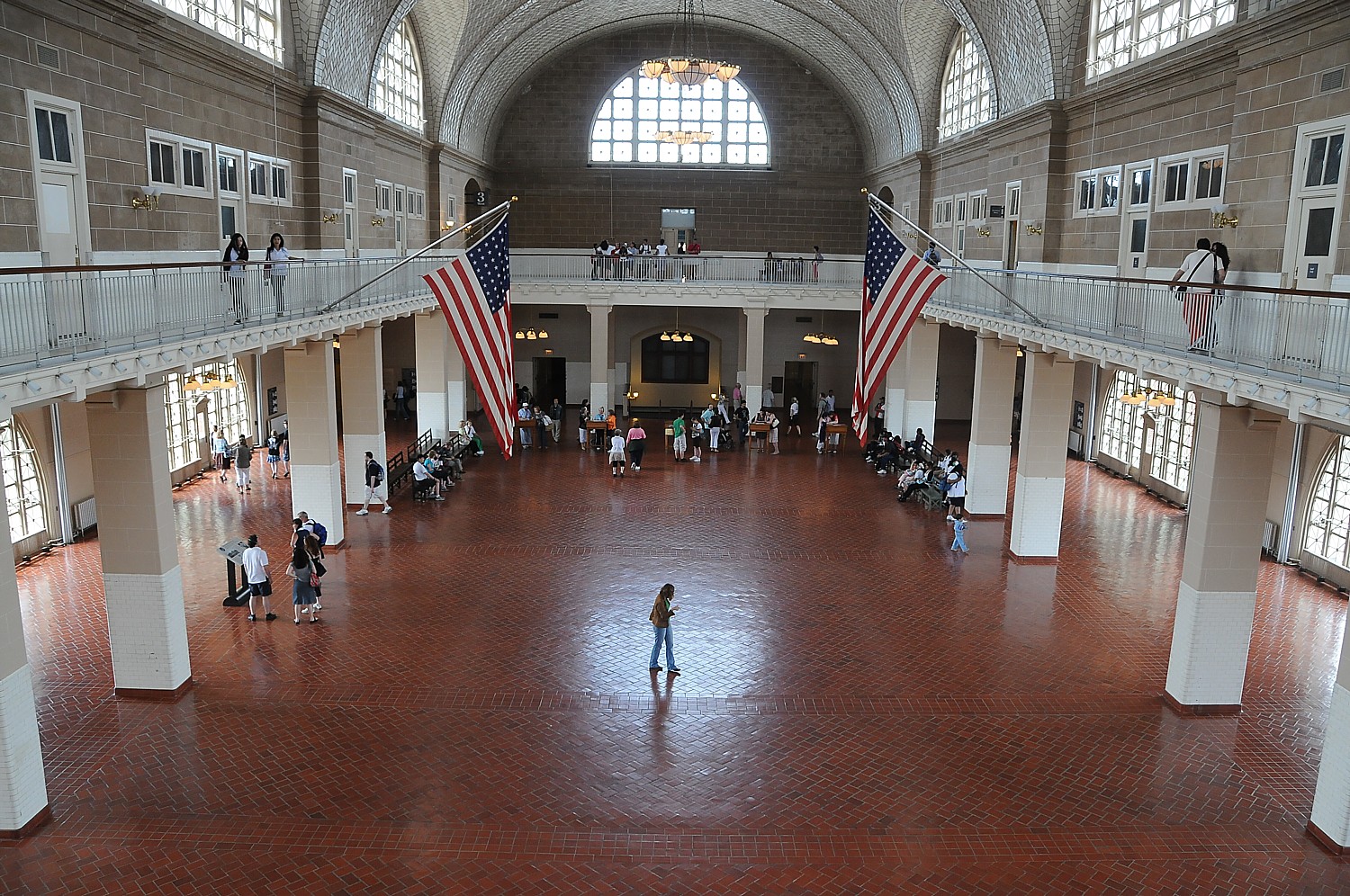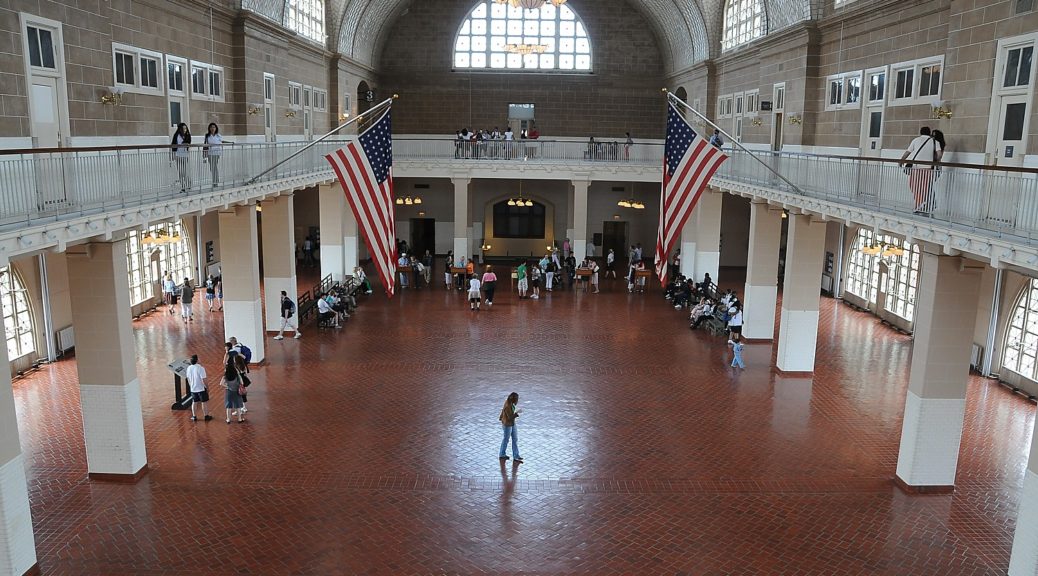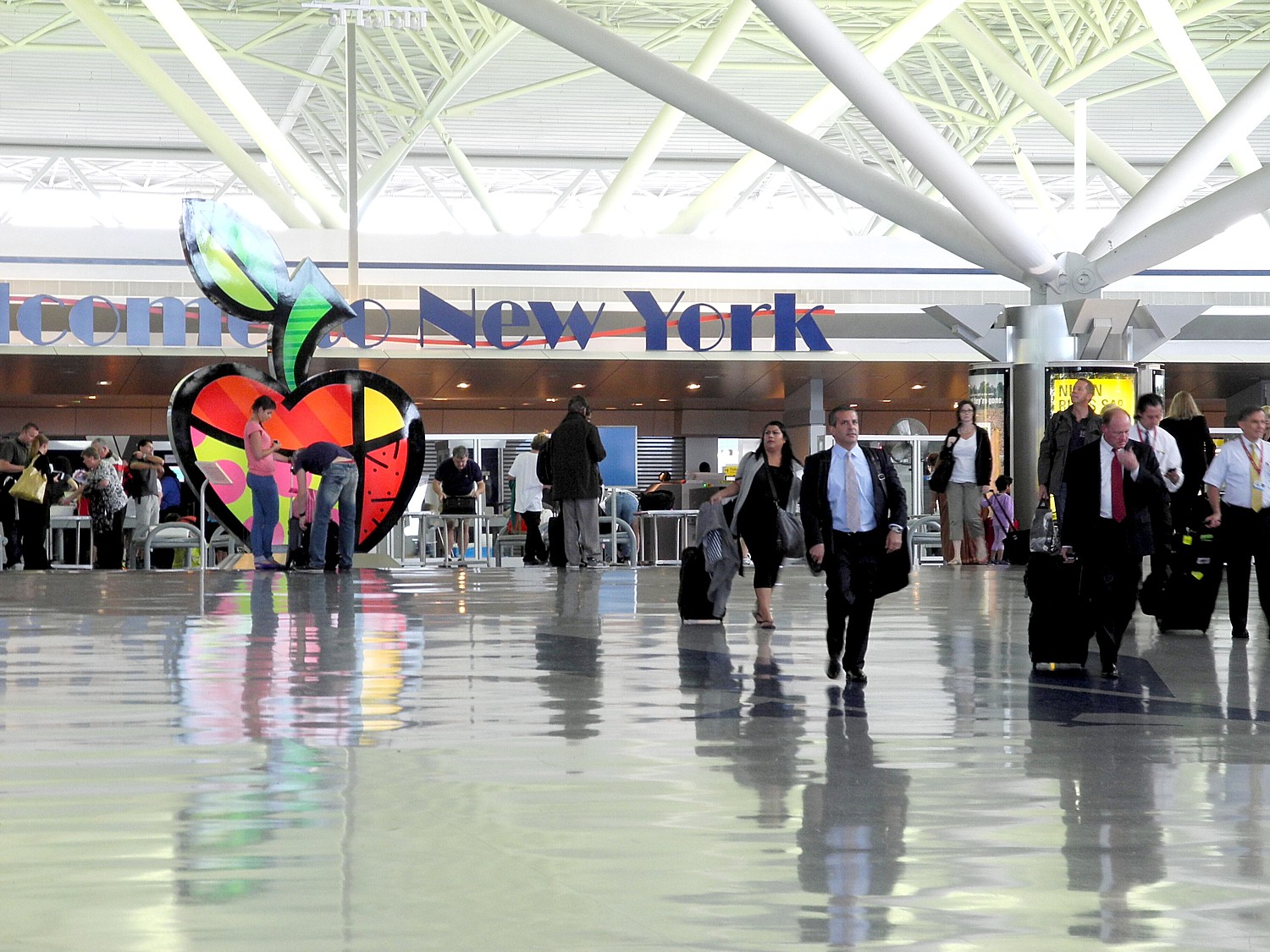
By Karen Rubin, News & Photo Features
Donald Trump keeps rattling on about the US trade deficit. Yet he is singularly responsible for depressing America’s #2 export: international travel.
It is ironic, really. The guy has his name on hotels around the globe but he no sense whatsoever of “hospitality,” nor a clue about how important face-to-face contact among people from different backgrounds is toward to greater issue of national security. Trump is more like the evil, ruthless landlord, Snidely Whiplash, who lashes the girl to the railroad tracks until her father signs the deed to their farm, than the international hotelier Barron Hilton.
President Obama understood the importance of engagement of people from abroad coming to the US and Americans – especially young people – going abroad – for work, study, volunteering, travel.
“Americans are now getting out – to build empathy and stewardship, for personal growth, to create a sense of global citizenship.” (Ah, the bad word: “global” when this guy extols America First.)
In 2016, thanks largely to Obama policies, the US saw a record 75.6 million international visitors who spent $245 billion and generated an $84 billion trade surplus. Travel and tourism in 2016 was a $1.5 trillion industry, employing 8 million and supporting 7 million more jobs, with every $1 million in sales of travel goods and services directly generating nine jobs. Globally, travel and tourism accounts for 10 percent of the world’s jobs.
Travel to the US has been in decline ever since Trump took office, causing the USA to slip to #3 behind Spain (#2) and France (#1) in popularity for foreign travel.
Indeed, despite 2017 being a strong year as the global economy, not just the US economy was surging (thanks Obama!), every area on the globe showed growth except the United States, which saw a 4 to 6% decline in international visitors. So what you ask? That represented a $4.6 billion hit to the economy and cost 40,000 jobs. What is more, the US, once #1 destination on the world’s bucket list, slipped to #8, boding ill for future international spending here. Brand USA has a lot of catch-up to do.
“It’s not a reach to say the rhetoric and policies of this administration are affecting sentiment around the world, creating antipathy toward the U.S. and affecting travel behavior,” Adam Sacks, the president of Tourism Economics, told The New York Times.
“Certainly it is the travel ban, rhetoric of Trump, the visa situation,” Alejandro Zozaya, CEO, Apple Leisure Group said during an industry panel at the New York Times Travel Show to explain the drop in bookings to the US. “Brand USA is hurt.”
New York City received 100,000 fewer international visitors in 2017. And while the “strength of the American dollar” was likely a large factor in that dip, “There’s a real concern that this isolationism, this ‘America first’ rhetoric could lead to a decline in international travel,” said Fred Dixon, the head of NYC & Company. International visitors spend four times what domestic travelers do in New York City. The city, which garners $64 billion in economic impact from tourism supporting 383,000 jobs, collected $4.2 billion in taxes from tourists in 2016.
Instead of a welcoming place, this is the image that the US has broadcast around the world: gun violence (15 countries actually have travel advisories against the US because of this scourge); Charlottesville and the mounting White Nationalist attacks on the “other;” calls for erecting walls and closing borders, that defy international norms, treaties and American values and traditions by refusing to accept refugees and asylum-seekers (and withdrawing from the United Nations Treaty on Migration), that pulls out of the Paris Climate Accord as a big F-U to the planet and the global community. Trump said as much at Davos: America First and foremost, and you all should be doing the same. Attacking the United Nations, hollowing out the US State Department, loose nuke rhetoric. That’s the recipe for international conflict.
Recently, NPR interviewed Jake Haupert of Evergreen Escapes, an inbound tour operator that organizes visits into his area from around the world. After a decade of steady growth, this year, his business volume plunged 25% after 11 years of growth- he is looking to sell him business. What accounts for it?”
“There is a sense of fear – gun violence, homelessness, the political climate. Trump comes across as anti-foreigner. The rhetoric is affecting US representation around the globe. Also the strong dollar. They are choosing not to travel. They are disinterested in coming to the US (once the most desired destination) or are waiting for this to pass.”
This undoes all the good that Obama had done – expediting travel visas, making visitors feel welcome at ports of entry, spending money to promote travel to the US, and yes, projecting the United States as a global leader advancing the betterment of the planet with climate action, eradication of poverty and disease, and spreading the institutions and values of democracy. What do you suppose the Trump CDC will do with another outbreak of Zika or Ebola?
Trump, the very opposite of a smart businessman (witness the number of bankruptcies including Atlantic City casino hotels), whose entire fortune including his ascension to the Oval Office is based on selling his “brand”, is cutting funding entirely to Brand USA, not just the title but a public-private coalition to inspire people from around the world to visit the United States. Every country on the planet has an entity that promotes tourism into their country, because tourist dollars are new dollars. In fact, Brand USA, which generated $615 million in incremental federal taxes and another $52 million in state and local taxes -produces a 27 to 1 return on investment – that’s $27 returned to ripple through the economy for every $1 spent on promotion. If Trump were actually a good businessman, he would appreciate that ROI as a great deal.
But Trump is ostensibly the president of the US, who should be concerned beyond mere dollars. He should be concerned about relationships, forging mutual understanding, dispelling myths about Ugly Americans. Travelers who come to the US, and Americans who travel abroad, take on the mantle of “ambassador” – presumably ambassadors of good will. It’s “minds and hearts” versus “bullets, bombs and bluster” that actually wins the day.
Trump in his State of the Union address will no doubt take credit for the economy (which grew only 2.6%, much lower than needed to support his tax cuts). But travel is the canary in the coal mine – it is the leading indicator for the economy – and because of its sheer size in the economy, supporting for one in every nine nonfarm jobs, what happens causes a ripple effect.
Travel spending is tied not so much to household income, but to consumer confidence – it is a manifestation of feeling, outlook.
Trump’s “Wall” is no different than the Iron Curtain or the Bamboo Curtain. It is a wall of ignorance, isolation, indifference, and just as anti-democratic and destructive. I would bet that 90% of Trump voters have never been outside their own province: they have no “world view” only a narrow view so easily shaped and molded by an autocratic regime that feeds on hate and mistrust.
Trump’s disdain for other countries and cultures, manifest in his “shithole” comment regarding the entire continent of Africa, Haiti and El Salvador, communicates his prejudice and resuscitates the image of “The Ugly American.”
And that image of the US border patrol agent dumping water left in the desert for people desperately fleeing violence in Central America is the new “Brand USA.”
_________________________
© 2018 News & Photo Features Syndicate, a division of Workstyles, Inc. All rights reserved. For editorial feature and photo information, go to www.news-photos-features.com, email [email protected]. Blogging at www.dailykos.com/blogs/NewsPhotosFeatures. ‘Like’ us on facebook.com/NewsPhotoFeatures, Tweet @KarenBRubin


